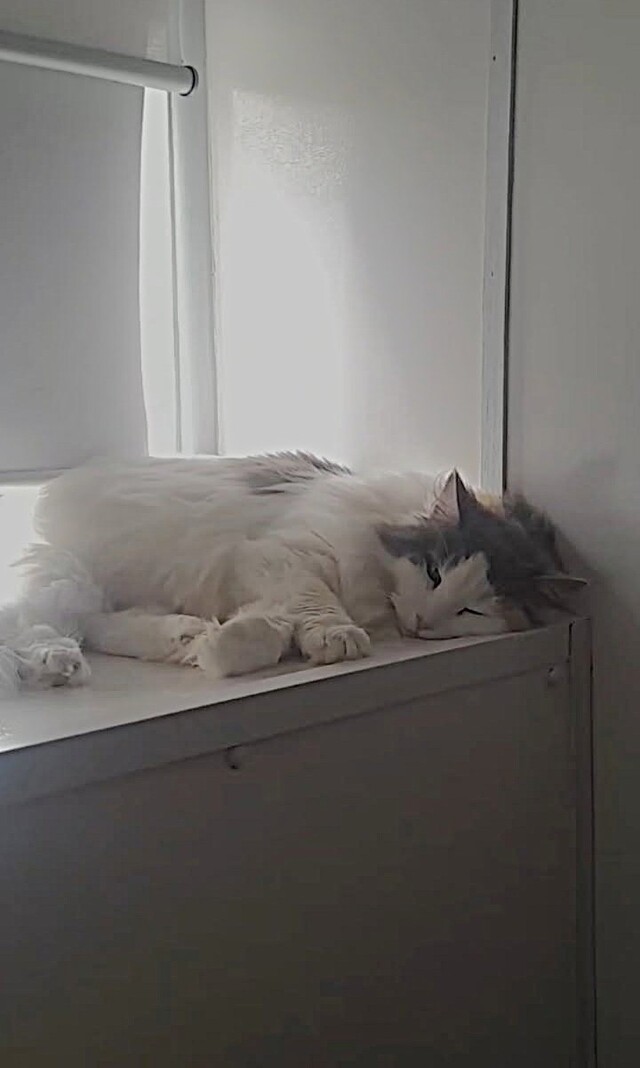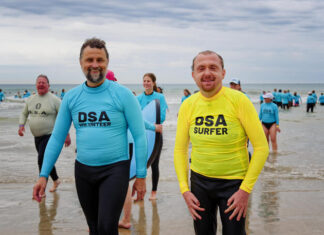Greater Geelong has the highest number of animal cruelty reports across the state’s local government areas (LGAs), according to the latest RSPCA Victoria data.
The 2024/2025 Animal Cruelty Data released on September 11 found 560 total reports of animal cruelty across Greater Geelong last year, an increase of 13 reports from 547 during the 2023/2024 financial year.
The data also found that 56 animals were seized or surrendered in the LGA, 14 more animals than the previous year, with 42 seizures or surrenders in 2023/2024.
Greater Geelong was the highest-ranked LGA for animal cruelty reports for the fifth year in a row, but ranked 12th in the state for the number of animals seized or surrendered.
Teesdale’s Lennie Hart adopted his cat Christie, who he renamed to Lobster, from RSPCA Victoria last year after she was one of 28 cats and kittens seized from a Kilmore property by inspectors in 2023.
A 57-year-old man has since pleaded guilty to four charges of animal cruelty at Seymour Magistrates Court on January 16 after the animals were found living in poor conditions without food or water.
Mr Hart said he only found out about the now 12-year-old Lobster’s past a couple of weeks ago, but that she was the best cat he’d ever had.
“You just need to have patience with adopted cats or cats with a past, especially if you don’t know much about that past,” he said.
“When I got her, she looked kind of sad and lonely, but she was physically alright, and now she likes to spend her time sitting next to me and just chilling within arm’s reach.
“My advice for anyone looking to get a cat is not to go through breeders and don’t just get the kittens; get an elderly cat as they’re pretty relaxed and deserve companionship.”
RSPCA Victoria chief inspector Michelle Green said it was important that owners ensured they had the means and capacity to care for their animals.
“City of Greater Geelong, being one of Victoria’s largest provincial cities with a high population, has seen some of the highest reports of cruelty reports made to the RSPCA over the last couple of years,” she said.
“Our inspectors are concerned that the continued cost of living, climate (including drought conditions), and mental health of Victorians will continue to impact animal welfare across the state.
“The three most common types of cruelty were husbandry (including grooming, farrier, shearing, living conditions, hygiene, and improper rugging of animals), underweight animals and insufficient food.”
Anyone concerned that an animal is suffering or not receiving proper care should contact RSPCA Victoria online at rspcavic.org/who-to-call or by calling 03 0224 2222.









